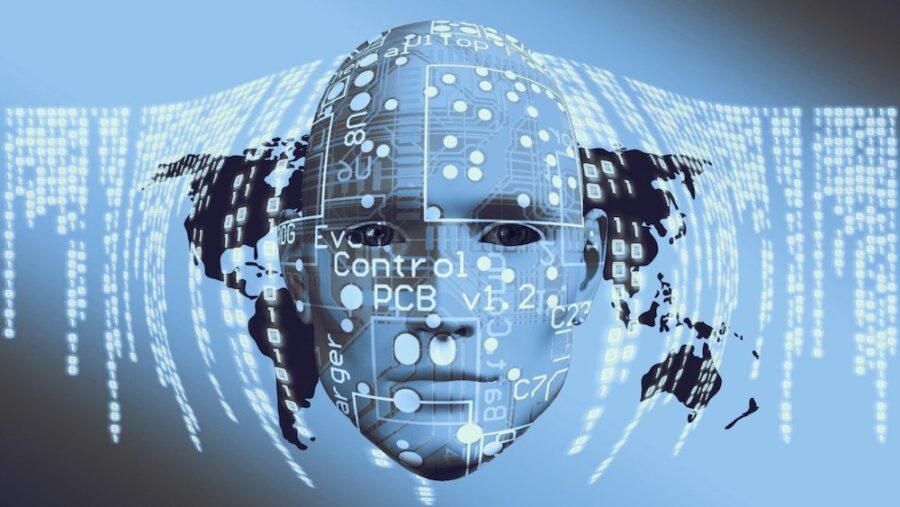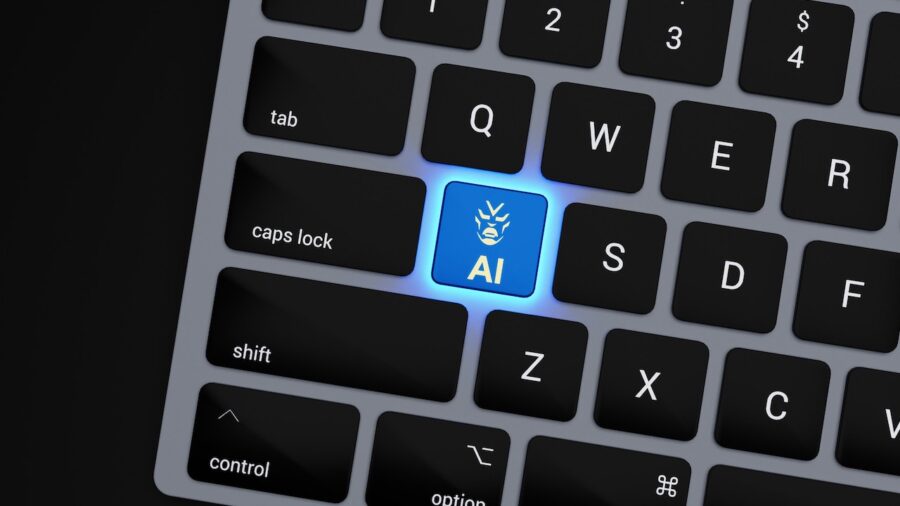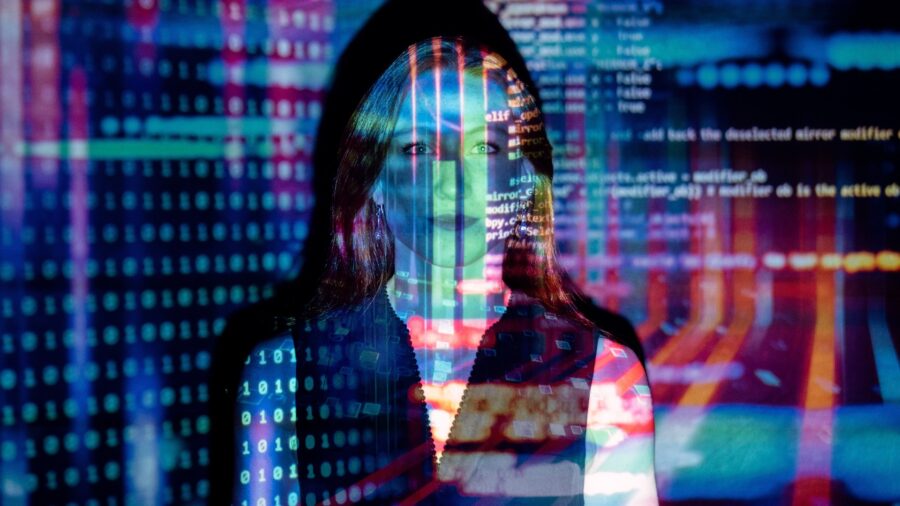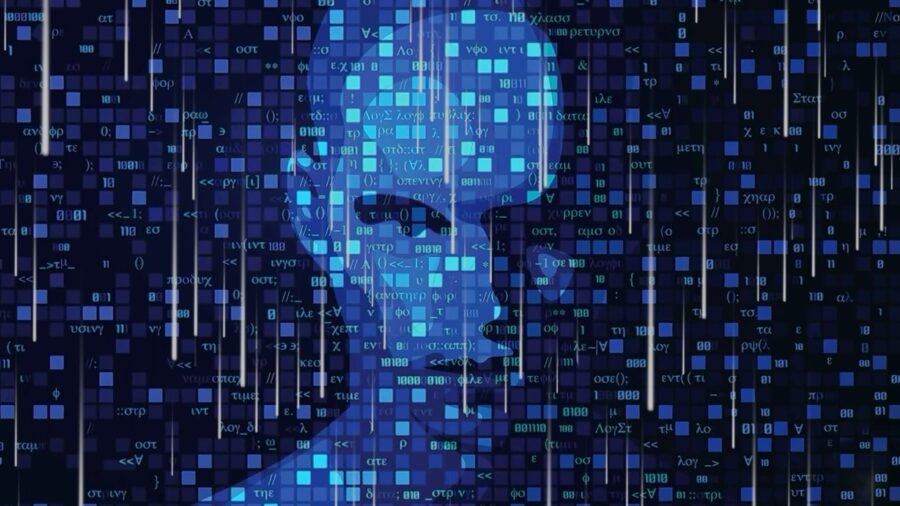AI Changes Conspiracy Theorists’ Beliefs

If you’ve ever argued with a conspiracy theorist, you know how difficult it can be to change their minds because most of their conclusions are based on wholly irrational beliefs. However, new research claims that not only is this view wrong, but the unlikeliest tool is capable of changing such a person’s beliefs. Researchers from American University have developed an AI system named Debunkbot that is successfully capable of changing conspiracy theorists’ beliefs about a wide range of issues.
Debunkbot Can Change Your Mind

Debunkbot works as an AI chatbot, and this research study had 2,190 conspiracy theorists chat with the bot about their beliefs, providing any evidence they had for their claims. As the name implies, Debunkbot would do its best to debunk those claims by providing a vast array of counterargumentative facts and evidence. Each participant rated how true they thought a conspiracy was before and after the chat, and on average, their belief in the conspiracies dropped by 20 percent.
Worked On 1 In 4 Test Subjects

The AI is even more impressive when you consider its success rate at talking conspiracy theorists out of one of their beliefs altogether. According to study co-author Dr. Thomas Costello, “About one in four people who began the experiment believing a conspiracy theory came out the other end without that belief.” Of course, the data was on Debunkbot’s side: not only could it provide plenty of real data to debunk the wildest beliefs, but it knew ahead of time what the person who spoke to it believed and could better tailor a custom response.
Put To Good Use On Social Media?

This may seem like a very narrow focus for the AI, but the researchers discovered that reducing how much conspiracy theorists believed in one thing could reduce (at least, to a minor degree) how much faith they put in other unfounded beliefs.
That could potentially lead to wide-ranging implications for the tech, and the researchers have considered how effective Debunkbot could be at replying to comments on social media. According to the team, their findings “fundamentally challenge the view that evidence and arguments are of little use once someone has ‘gone down the rabbit hole’ and come to believe a conspiracy theory.”
Not Everyone’s Convinced

Despite the team’s excitement about their AI research, not every academic is convinced that this technology has real-world implications for challenging conspiracy theorists’ beliefs. For example, Cambridge Professor Sander van der Linden points out that, outside the context of this study, most people wouldn’t willingly engage with a bot specifically designed to challenge and change their views.
Additionally, he expressed doubts about Debunkbot’s methods…because it uses both empathy and affirmation when speaking with people, the AI might be getting results from telling conspiracy theorists what they want to hear at certain points in the conversation.
Additionally, it’s unclear whether a similar conversation with a human rather than a bot could have persuaded someone in a similar way. If not, then participants might have changed some of their firmly held beliefs due to a larger belief in AI as an authoritative source of information.
A Potential Internet Misinformation Game-Changer

However, despite his skepticism, the professor is understandably impressed at the potential of this technology to fight disinformation online. We have long moved past the point of the relatively harmless conspiracies of shows like The X-Files and into the territory where conspiratorial beliefs have ruined lives and gotten people killed.
Over time, we might experience the opposite of what sci-fi has always tried to warn us about, and the arrival of AI could be the only thing that can save humanity from itself.
Source: Science











